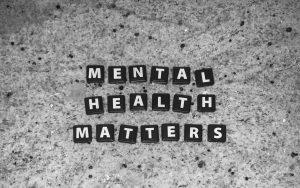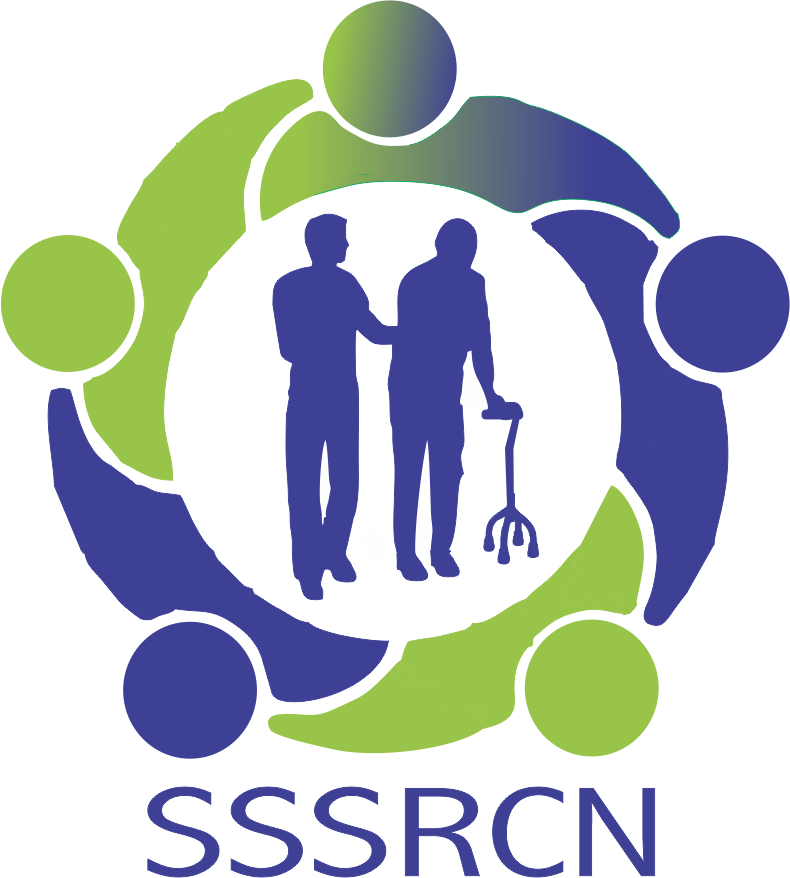By: Talayo Alimi (PT)
The emergence of Donald Trump as the 45th president of the United States rather brought a surprising observation in the psychological health of certain liberal Americans. Months after the 2016 United States presidential election brought the “Trump Depression.” This simply was the aftermath of the results of a political process.

In case you are wondering if this post is about the US elections, absolutely no. Yet, evidence from the 2016 United States presidential elections suggests how depression can sometimes accompany politics. You may have imagined that negative outcomes for supporters of a political group may tip such people off into depression, and you are probably right.
Let’s consider it from this perspective, depression itself is a mental health problem. Generally, a depressed individual has disorders in his/her mood, with continuous feelings of sadness, emptiness, and loss of joy.

Interestingly, depression is different from negative feelings a person may sometimes encounter as a response to a distressing life circumstance. Although life events can trigger depression, the symptoms of depression are intense, last longer (usually more than two weeks) and are more devastating than the experience causing the depression.
Back to politics, it is sometimes observed that following news of political events and processes, many people get into clinically diagnosed depression. Usually, the situation is characterized by experiences of lack of sleep, nightmares, anxiety, chest tightness, digestive problems, and headaches.
For some people. they simply become slow and have hallucinations and disconnection from reality. Often, these symptoms affect productivity at work, and participation at home, and can lead to absenteeism from work or study. In other cases, some people may find themselves crying while listening to the news.

If we take a cue from the situations described above, we begin to see that political activities have an impact on affecting different aspects of our lives. What makes it even more important to pay close attention is the tendency of having the complications that follow depression, especially if left untreated, the worst of which is suicide.
While Nigeria is getting ready for another electoral process, political activities are on the increase. People are pitching their tent with one political party or the other with strong believe in either the ideology of the party or those on whose shoulder the party structure lies. Others might be following a particular individual and become strongly attached to that person growth and success in his or her political achievement. The politicians themselves have invested so much in terms of material, financial, spiritual and emotional resources and the outcome of which might likely make or mare their future with very heavy consequencies on their economic, physical, spiritual, and emotional wellbeing. Certainly, the height of the process will produce leaders. This is why every individual should learn to prioritize their mental health in the midst of political drama.

Just like any medical condition, preventing depression is still much better and cheaper than cure. Guiding oneself from depression triggered by political news and events may be a wise thing to do. But if these become almost impossible, then considering other strategies may work.
Exercise, recreation and spending more time doing things that take off one’s mind from political news may be beneficial. Similarly, one may join support groups. Also, maintaining a healthy lifestyle, eating well and avoiding alcohol and tobacco can be helpful.

One of our previous posts talks about politics as a game. In a game, sportsmanship is important. That is, whether your favourite candidate wins or loses, life goes on. There are still more wins ahead despite a loss. Focus on the positives and avoid getting depressed from political events.
Resource:
Simchon, A., Guntuku, S. C., Simhon, R., Ungar, L. H., Hassin, R. R., & Gilead, M. (2020). Political depression? A big-data, multimethod investigation of Americans’ emotional response to the Trump presidency. Journal of Experimental Psychology: General, 149(11), 2154–2168.


Hmmmm, beware of the consequences of dogmatic followership in politics. let’s have a. Open mind.
Hmmmm, beware of the consequences of dogmatic followership in politics. let’s have an open mind.